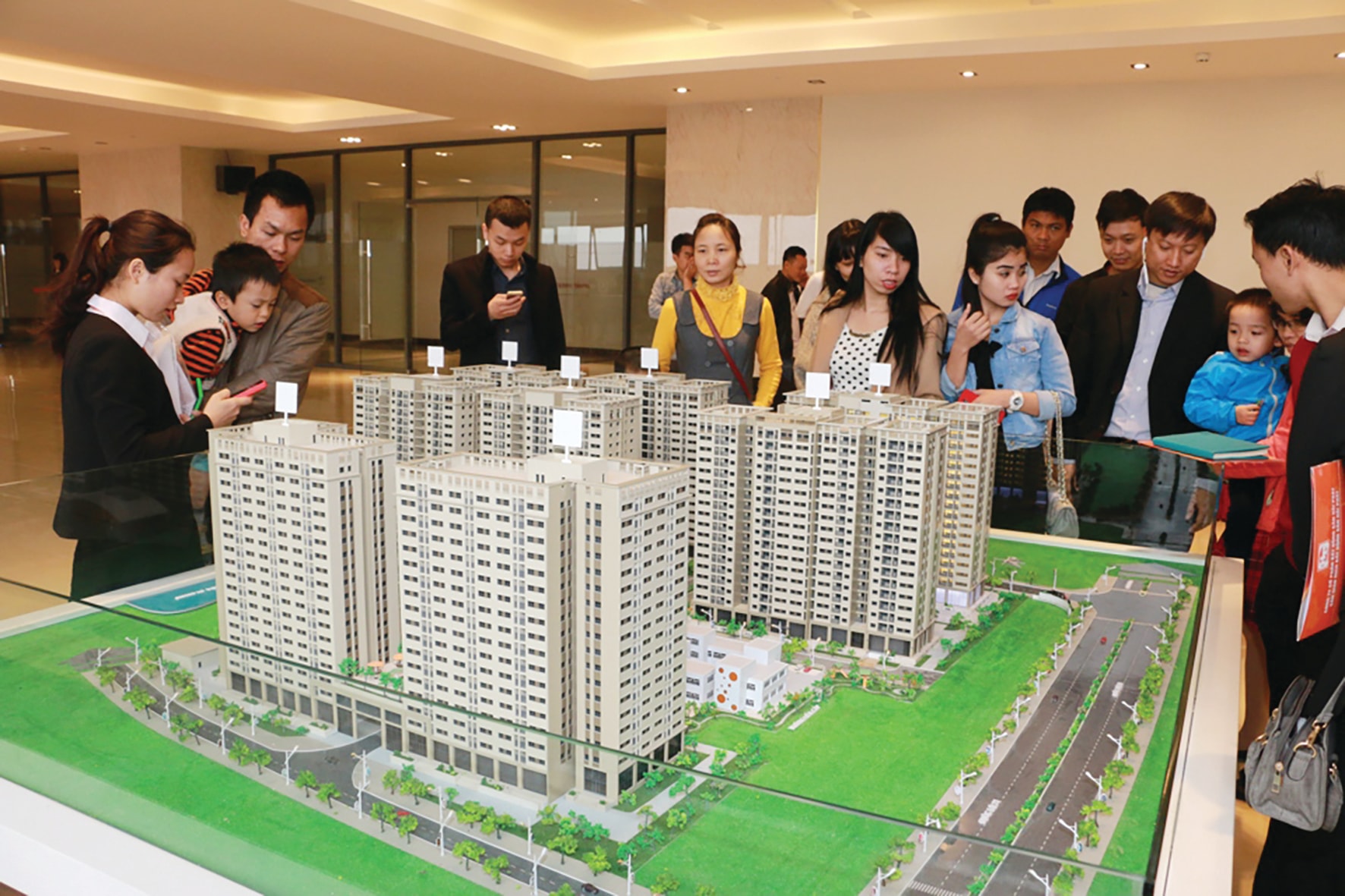Vietnam’s real estate market outlook for 2025
New legal and economic incentives may have a positive impact on the Vietnamese real estate market in 2025.

Positive changes
The Vietnamese real estate market is showing a lot of promise, according to Assoc. Prof. Dr. Tran Kim Chung, a former deputy director of the Central Institute for Economic Management.
First, with the passage of new legislation and the resolution on piloting the execution of commercial housing projects through agreements on receiving or possessing land use rights, the legal framework for Vietnam's real estate market has essentially been completed.
Second, Vietnam’s economy has surpassed 15/15 benchmarks, with GDP growth reaching 7.09 percent and inflation well-managed at 3.63% in 2024.
Third, the Vietnamese economy is proactively entering a new era of national growth.
In the context of global cash flows, markets, and goods all undergoing changes, Vietnam is becoming a destination for international investment flows. As a result, Vietnam's industrial real estate would gain a lot and is drawing in new investment.
Fourth, there is a "parallel" phenomenon in the Vietnamese economy both now and in the future: the middle class is expanding quickly, while the country is still in the golden population structure. It indicates that the disposable savings of the Vietnamese economy have a lot of potential. Currently, bank deposits total 6.9 million billion VND, with an average of VND 2.9 trillion being placed daily. When bank credit is plentiful and lending interest rates are low, the Vietnamese real estate market also benefits. Twenty percent of bank loans will have been used in Vietnam's real estate industry by October 2024.
Fifth, by October 2024, Vietnam has received USD 5.2 billion in foreign direct investment. Vietnam will be much more appealing to foreign direct investment given the events of the last year.
Sixth, there are also a lot of remittances going into Vietnam. Up until now, a quarter of remittances have been used for real estate investments, which can take many different forms, including purchasing land and constructing homes.
Seventh, the Vietnamese government has consistently encouraged public investment for the last three years. The real estate market in Vietnam will be significantly impacted by this. Land prices will rise wherever infrastructure is built, and the real estate market will absorb compensation for clearing land.
Eighth, trust funds and derivative financial instruments will be crucial to the long-term trajectory of the real estate market.
Steady growth
Apartments will continue to dominate the Vietnamese real estate market in 2025 and the years that follow, according to Assoc. Prof. Dr. Tran Kim Chung. This is especially true of inexpensive housing, which costs about VND 3 billion for an apartment that is 70–100 m2 or even 50 m2 for new households.
"It is anticipated that industrial real estate will continue to grow well in 2025 due to two supporting factors: both foreign and local investment flows," stated Associate Professor Dr. Tran Kim Chung.
Despite their quiet operations, the housing and villas segment, which was particularly "hot" during the previous decade, has remained highly lucrative. However, liquidity became more challenging as their prices rose and the transaction value increased.
The two primary markets in terms of location are still Hanoi and Ho Chi Minh City. However, chances for other provinces and cities will arise due to the increasingly constrained land funds in these two cities.
According to Assoc. Prof. Dr. Tran Kim Chung, 2025 will also be a crucial year for the provinces and cities that contain major infrastructure systems. This is unique since our focus is on transit-oriented development (TOD), which is an urban area with five roadways connecting Northern and Southern Vietnam that is built on extensive infrastructure.
In terms of growth, the Vietnamese real estate market is generally showing a healthy trajectory. However, if this sector is to recover and expand substantially in the future, all stakeholders must continue to be involved.
"The government must facilitate real estate projects, maintain relationships with companies, and encourage infrastructure investment. Besides, banks must facilitate the corporate community's access to capital. Additionally, the real estate sector is attempting to resume ongoing projects that were put on hold during the previous phase”, said Assoc. Prof. Dr. Tran Kim Chung.








